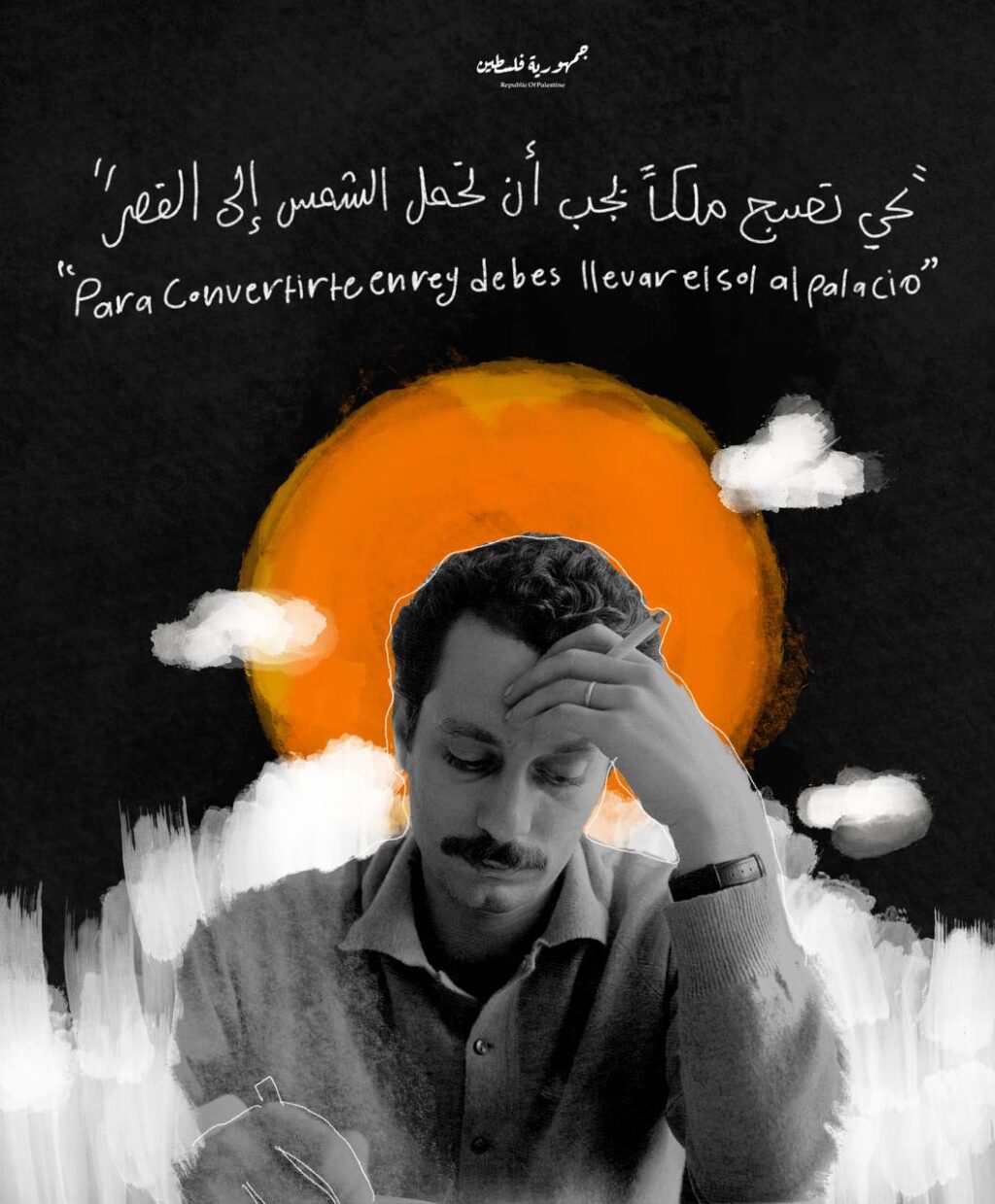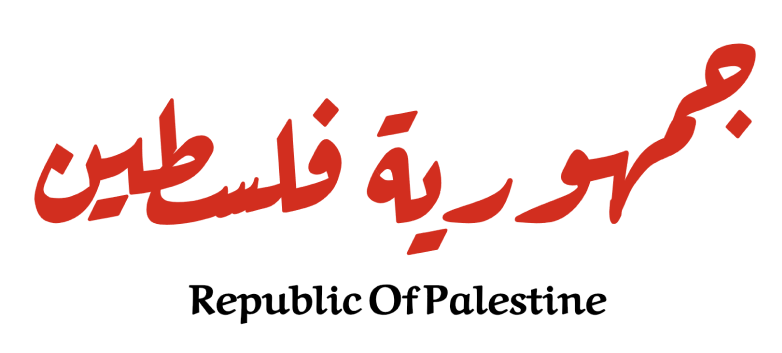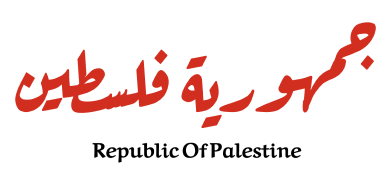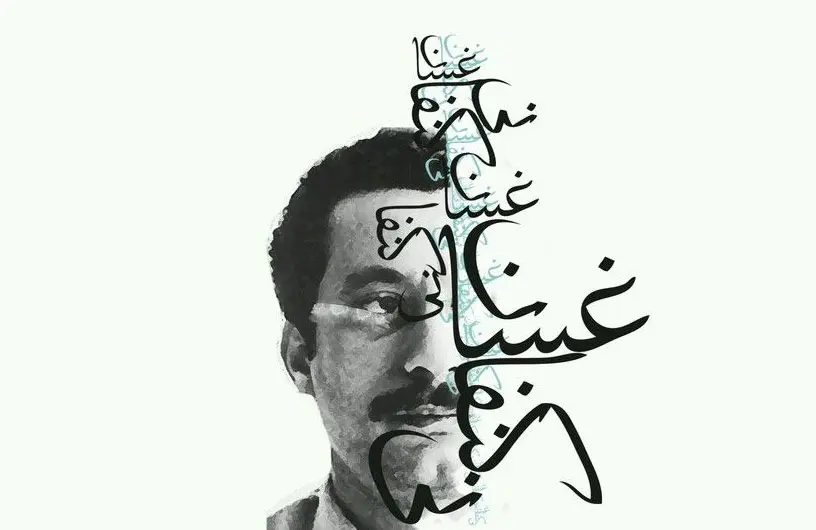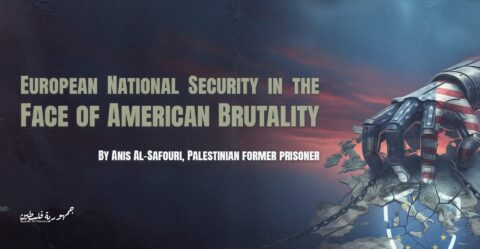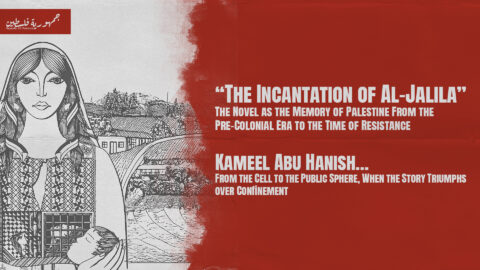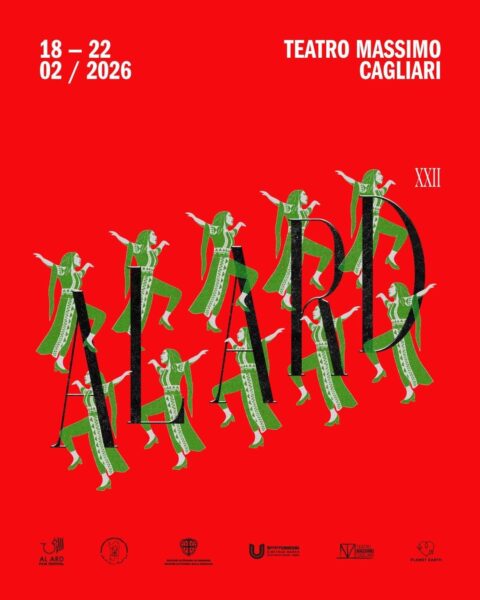On the occasion of the 53rd anniversary of the criminal assassination of the writer, artist, and revolutionary fighter for the liberation of Palestine, Ghassan Kanafani, a member of the Political Bureau of the PFLP.
This article was published by the website Nidaa al-Watan on 07/07/2025.
-Dr. Issam Al-Khawaja
Ghassan, an exceptionally creative and multifaceted individual, almost reaching the ideal, with visionary skills that have left their mark at every crossroads, weaving new chapters and establishing diverse cognitive pathways.
Ghassan knew that time was short, and in order to carve out a path for us toward Palestine, he did not stop at creative milestones, except when necessary. His aim was to shape beacons that would guide everyone: each of them represented an intellectual, political, cultural, media, technical, or tactical dimension. His discourse was sharp as a sword in its clarity, deeply rooted in its foundations, and capable of expressing each of us, regardless of the diversity of our experiences and interests.
On the occasion of the tribute to Ghassan, I reread some of his works. I stopped at his story “The Little Lantern“, which he wrote for his niece Lamees on the occasion of her eighth birthday. He made it a habit to give her stories as gifts on this occasion, and here, Ghassan decided to write a comic book and illustrate it with his own paintings. Children’s stories without pictures are poor in their ability to convey ideas and values to young readers. Here, there is a unique creative dimension, which the short life of Ghassan, the martyr of the free word and stance, did not allow him to complete as one of his rich, sensitive, and vital creative paths, because it is one of the most important tools for creating awareness among generations that are responsible for accomplishing what has not been accomplished.
How difficult it is to write for children and convey to them, in a simple and interesting language that contains deep philosophical implications towards life, where a political and ideological discourse with intractable terminology is unsuitable for this. Ghassan was able to do that.
The story centers on the king’s will towards his young daughter: “To become queen, you must bring the sun to the palace.” After reading her father’s will, the little princess turned to the palace sage and told him that “Her father has given her a difficult mission and she never wants to be a queen.” However, the sage answered her, “Everyone in the kingdom knows their duty and does not run away from it,” and that “she must bring the sun into the palace.” The princess tried alone to bring the sun but did not succeed, so she retired to her room, locked the door, and started crying. Two days later, the sad princess saw a small piece of paper under her bedroom door. She ran to read it and found a sentence: “You cannot find the sun in a locked room”. The message motivated her to leave the room, and she decided to continue her search for the sun. Her individual attempts were unsuccessful, so she asked people for help. I will leave the story there for now. This is a call to read or reread “The Little Lantern” to learn about Ghassan’s storytelling talent and his ability to incite will and determination even in children and youngsters.
Ghassan, you are truly impressive!
